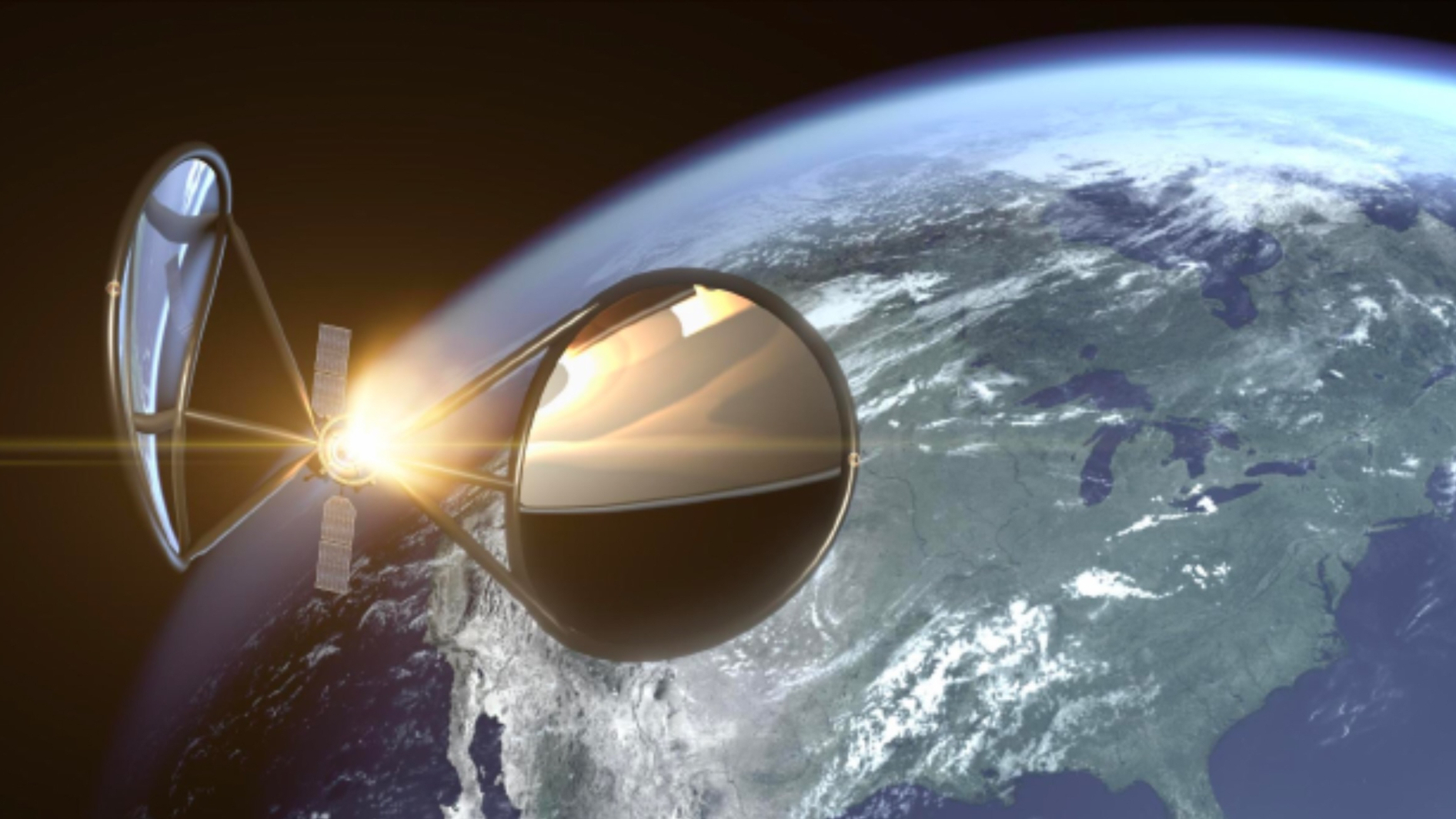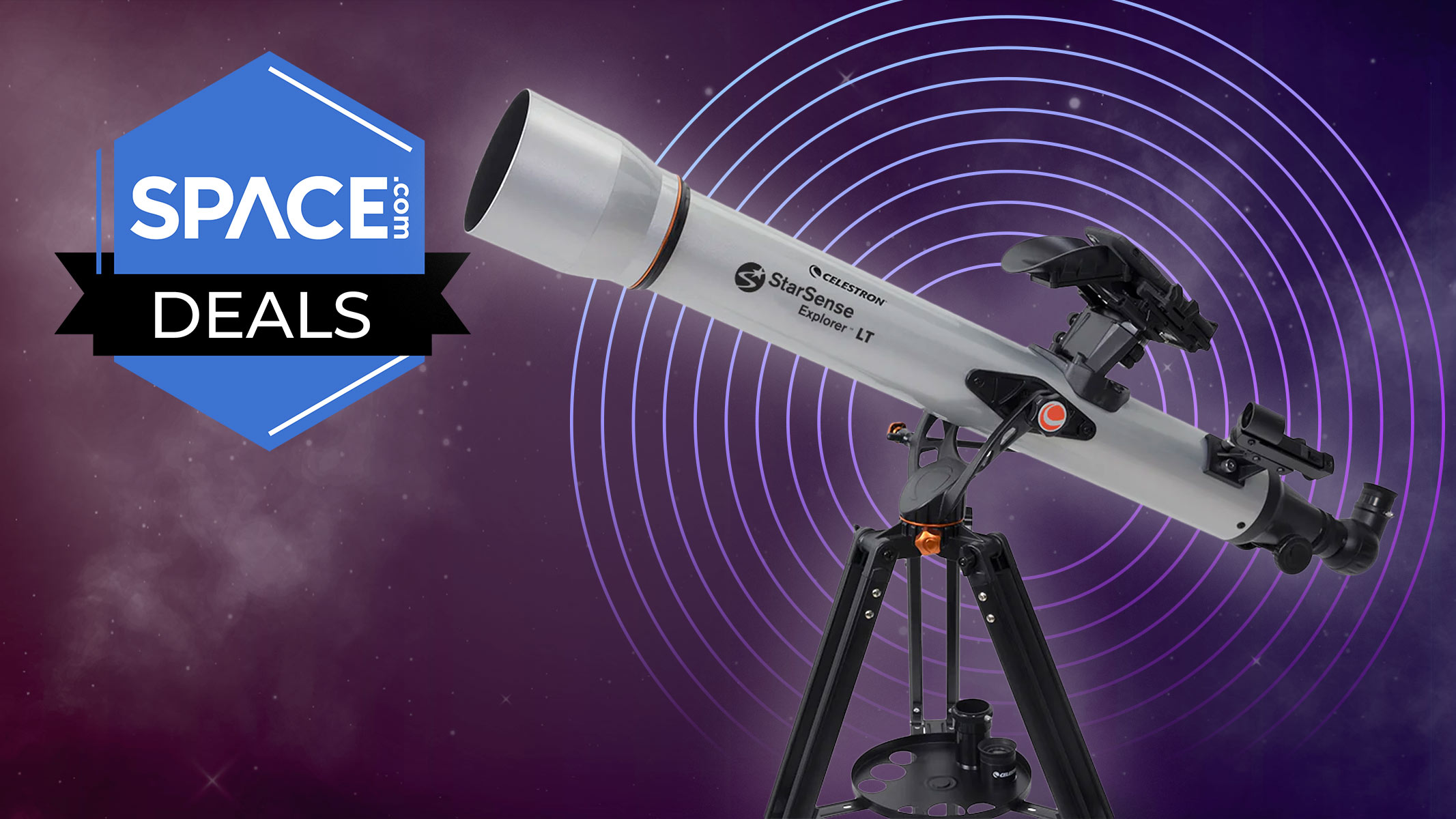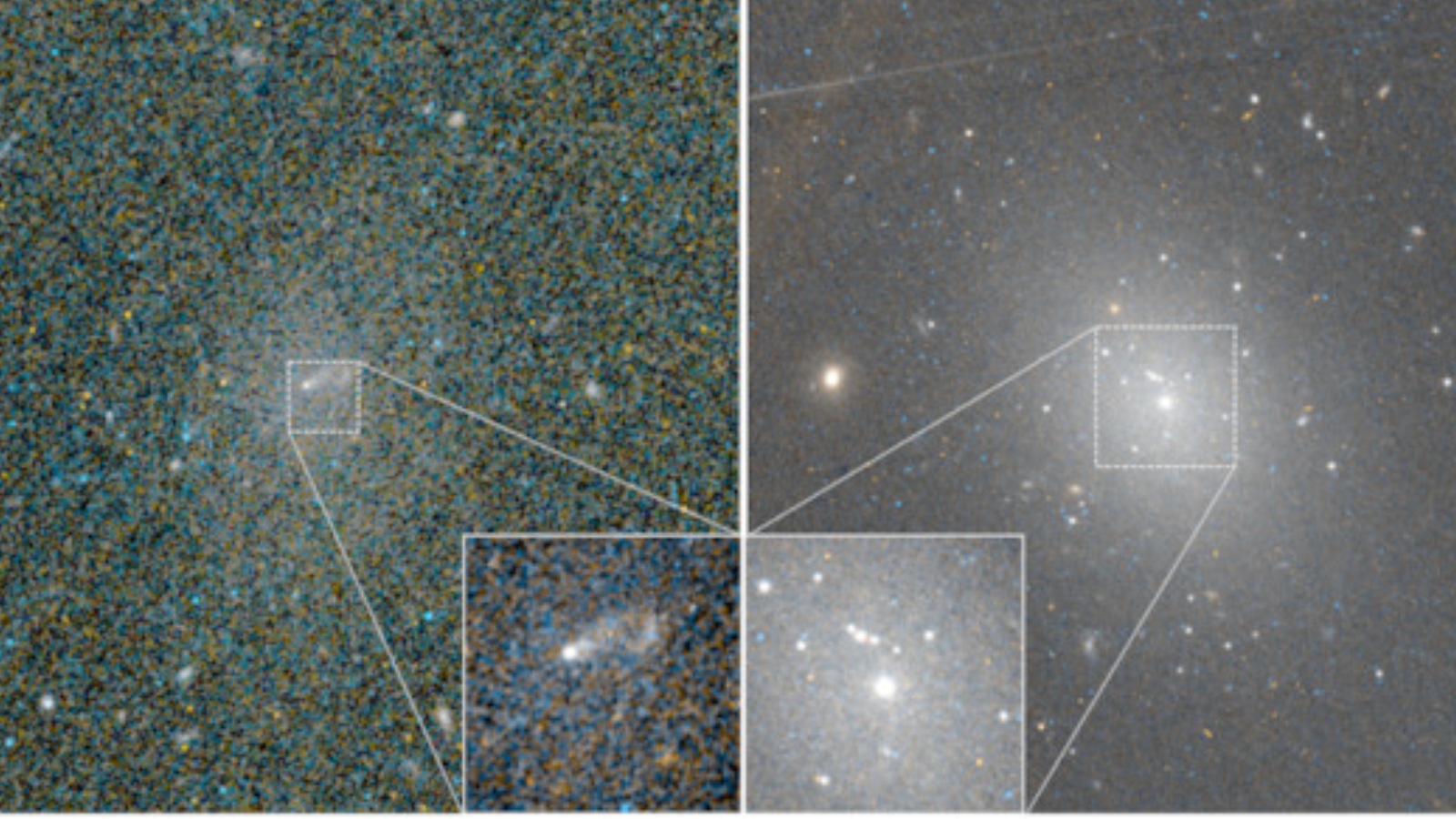
A spaceflight startup with some serious bona fides has just come out of stealth mode.
Portal Space Systems announced its existence today (April 30), revealing that it has snagged more than $3 million in funding from the U.S. Department of Defense for the development and launch of its new Supernova satellite bus.
Portal's CEO is Jeff Thornburg. He previously served as senior director of propulsion engineering at SpaceX, where he led the development of Raptor, the brawny next-gen engine that powers the company's Starship megarocket. Thornburg was also head of mechanical engineering and manufacturing for Project Kuiper, Amazon's planned satellite-internet constellation.
Related: SpaceX launches giant Starship rocket into space on epic 3rd test flight (video)
Supernova will be far more maneuverable than currently operational satellites, thanks to its new solar-thermal propulsion technology, company representatives said.
"The space industry hasn't fundamentally improved satellite bus technology in decades. Our nation is developing sixth-generation fighter aircraft technology but still uses first-generation satellite buses," Thornburg said in a statement.
"Our novel solar-thermal propulsion system and bus design, combined with our compatibility to support any customer payload, sets us apart," he added. "We provide an over 50x improvement in current spacecraft mobility. For our customers, that means the ability to have spacecraft on orbit that are able to respond in real time to events in any orbital regime."
Get the Space.com Newsletter
Breaking space news, the latest updates on rocket launches, skywatching events and more!
Supernova will be able to move from low Earth orbit (LEO) — the realm within 1,200 miles (2,000 kilometers) of our planet's surface — to geostationary orbit, which lies 22,235 miles (35,786 km) up, in just hours, company representatives said. And it will be capable of making the trek from LEO to the region around the moon in a matter of days.
Portal has received "significant support" from the U.S. Space Force, the Seattle-based startup wrote in the same statement. That's not terribly surprising; the Space Force has repeatedly stressed the importance of boosting the nation's flexibility and responsiveness in the final frontier, all the way out to the moon.
Supernova has not flown yet; Portal is currently eyeing late 2025 for the spacecraft's debut launch.
Join our Space Forums to keep talking space on the latest missions, night sky and more! And if you have a news tip, correction or comment, let us know at: community@space.com.

Michael Wall is a Senior Space Writer with Space.com and joined the team in 2010. He primarily covers exoplanets, spaceflight and military space, but has been known to dabble in the space art beat. His book about the search for alien life, "Out There," was published on Nov. 13, 2018. Before becoming a science writer, Michael worked as a herpetologist and wildlife biologist. He has a Ph.D. in evolutionary biology from the University of Sydney, Australia, a bachelor's degree from the University of Arizona, and a graduate certificate in science writing from the University of California, Santa Cruz. To find out what his latest project is, you can follow Michael on Twitter.









